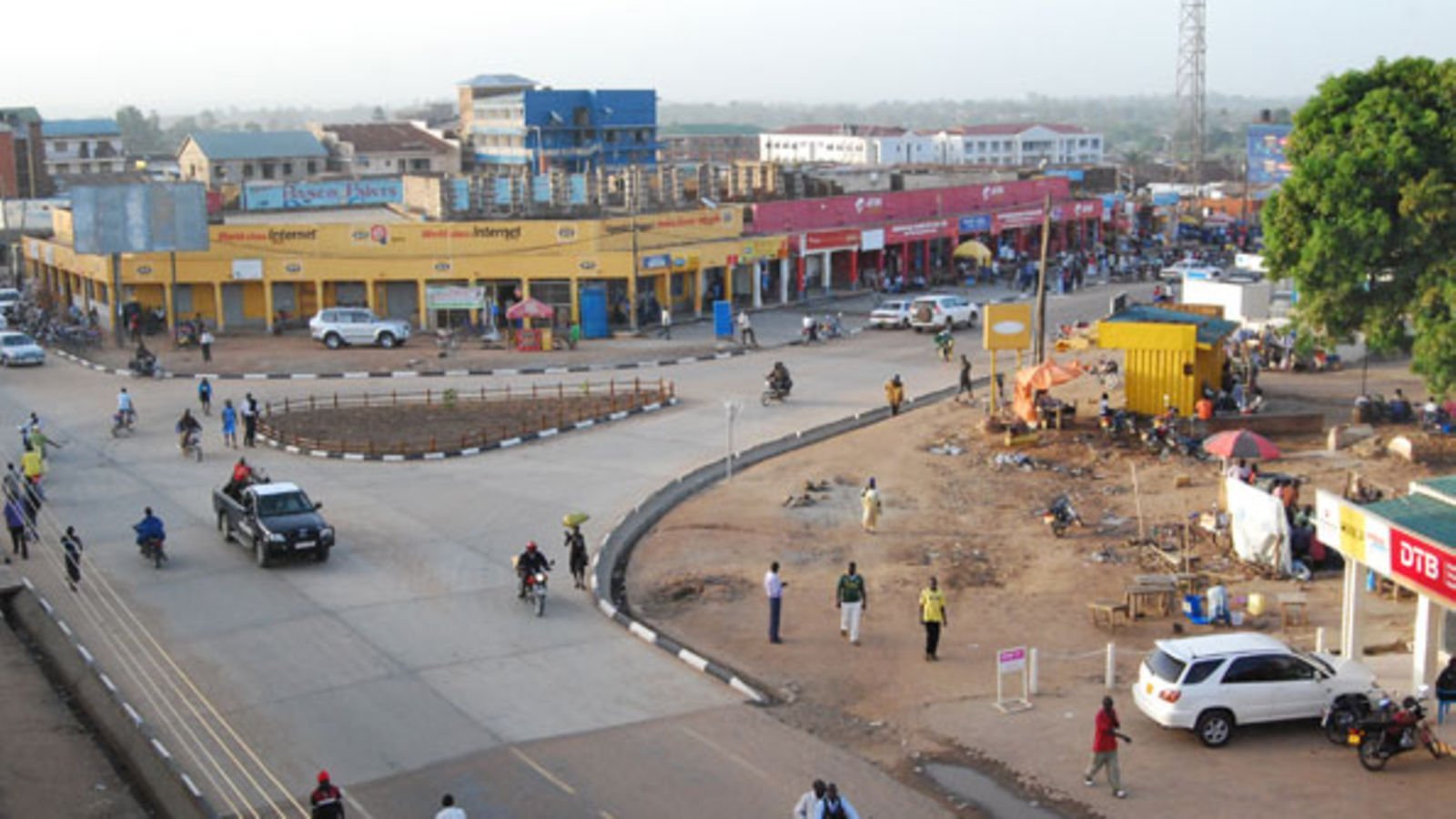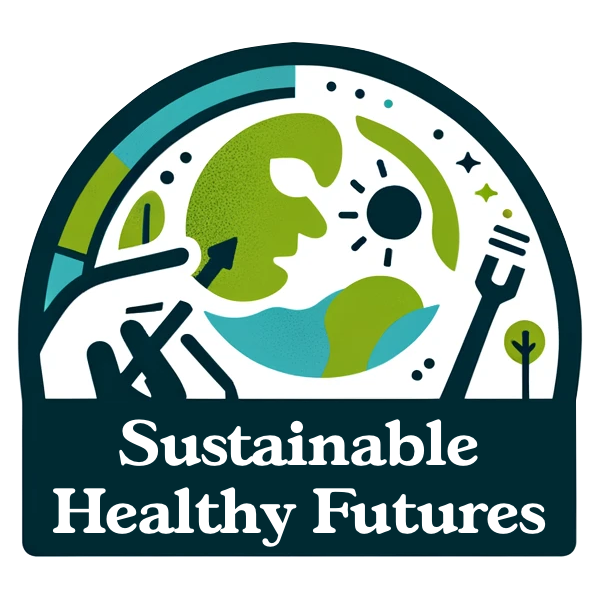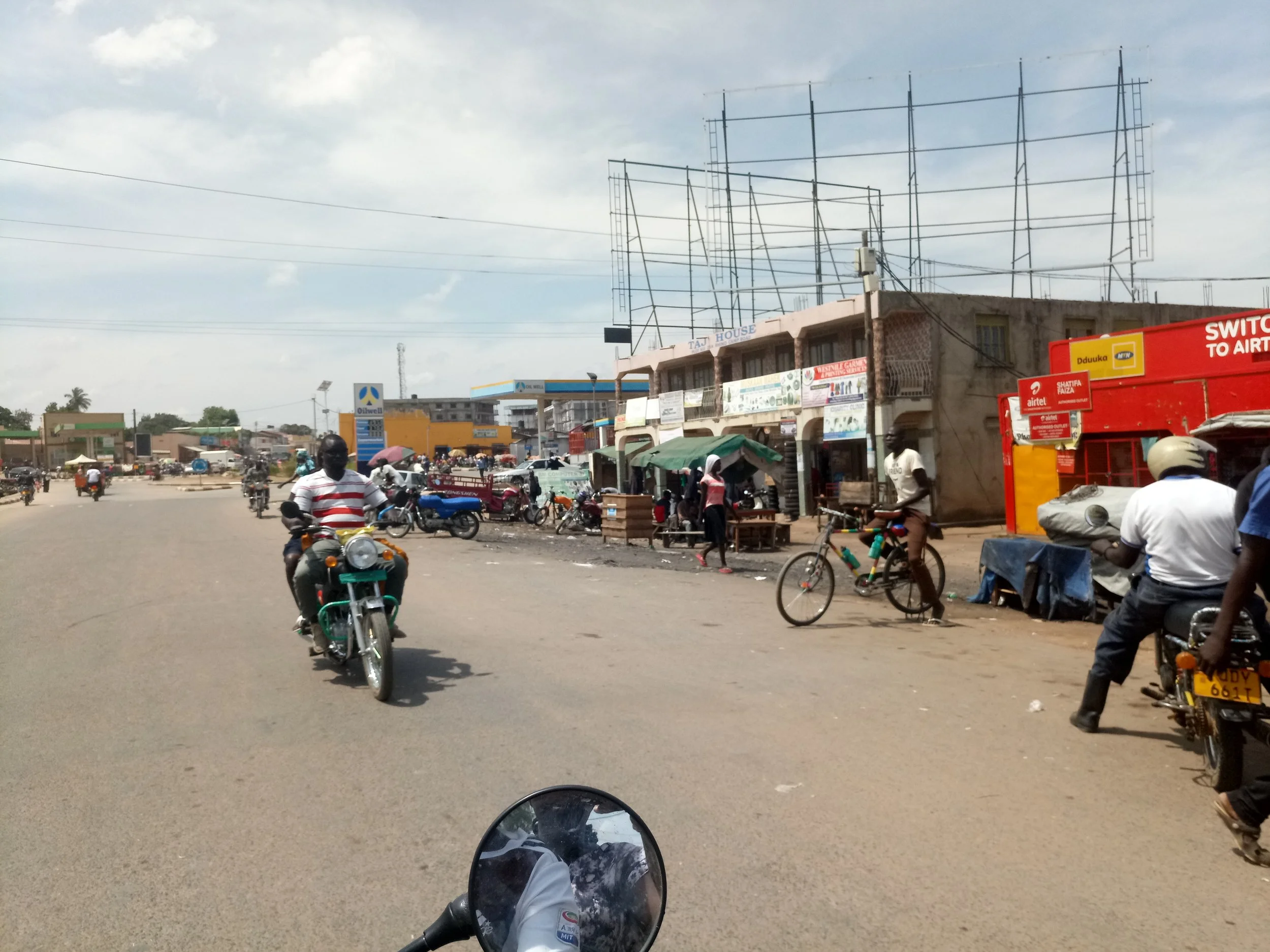
Sustainable Jobs in Arua, Uganda
A local government alliance to provide jobs for refugees in sustainable enterprises
Arua at the forefront
In the burgeoning city of Arua, Uganda, a pioneering project funded by the Global Cities Fund (GCF) under the banner of inclusive climate action is working to address the dual challenges of climate migration and environmental sustainability. This initiative has focused on creating a healthy, clean, and safe environment for all residents, particularly refugees, and enhancing income generation through green jobs such as recycling monitors and landscaping.
Project Genesis and Objectives
Arua, located near the borders of South Sudan and the Congo, has seen its population swell due to migration and a high growth rate estimated at 3% annually. The city's strategic position makes it a hub for migrants and refugees seeking safety and stability. Recognizing the urgent need to integrate these vulnerable populations sustainably, Arua city, with the support of the GCF, embarked on a comprehensive plan to enhance urban resilience. The project aimed to increase green cover in public spaces, support migrants and refugees through job creation in environmental services and establish a municipal recycling program to manage plastic waste effectively.
Organizational Framework and Funding
The project is led by a diverse team of professionals and leaders from the city, including representatives from natural resource, economic planning, and fiscal planning departments. As a collaborative effort between the city council, community members, and the Mayors Migration Council, the initiative is funded through the GCF by a consortium of philanthropic organizations. This funding supports the project's main agenda: to foster an inclusive approach to climate action and urban sustainability.
Implementation and Impact
Focusing on greening the city and supporting vulnerable communities, the project identified public schools and health centers as primary sites for environmental stewardship. The goal was to plant 10,000 indigenous and fruit trees across selected institutions, leveraging environmental clubs to disseminate knowledge and engage the wider community in recycling and sustainability efforts. Furthermore, the project aimed to integrate migrants, refugees, and vulnerable community members into the workforce, providing them with jobs related to institutional greening and the recycling plant, thereby facilitating access to healthcare, social services, and income generation opportunities.
In response to the challenge of plastic waste management, the initiative proposed the establishment of a recycling plant to crush plastics into flakes, reducing environmental pollution and creating a sustainable cycle of plastic collection and repurposing. This approach not only addresses the immediate environmental impacts of plastic waste but also contributes to the city's broader climate adaptation and mitigation strategies.
Challenges and Solutions
The project faced several hurdles, including bureaucratic delays in procurement processes and the challenge of importing necessary technology for recycling operations. Despite these obstacles, the team remains hopeful about finding suitable machinery to establish a mini-recycling facility, reflecting a pragmatic approach to achieving their environmental goals within existing constraints.
Conclusion
Arua's municipal recycling program exemplifies how urban centers can address climate change and migration challenges through inclusive, sustainable initiatives. By fostering environmental stewardship, creating green jobs for vulnerable populations, and innovating in waste management, Arua sets a precedent for other cities facing similar challenges. This case study highlights the importance of collaboration, community engagement, and adaptive strategies in the pursuit of a resilient and inclusive urban future.

